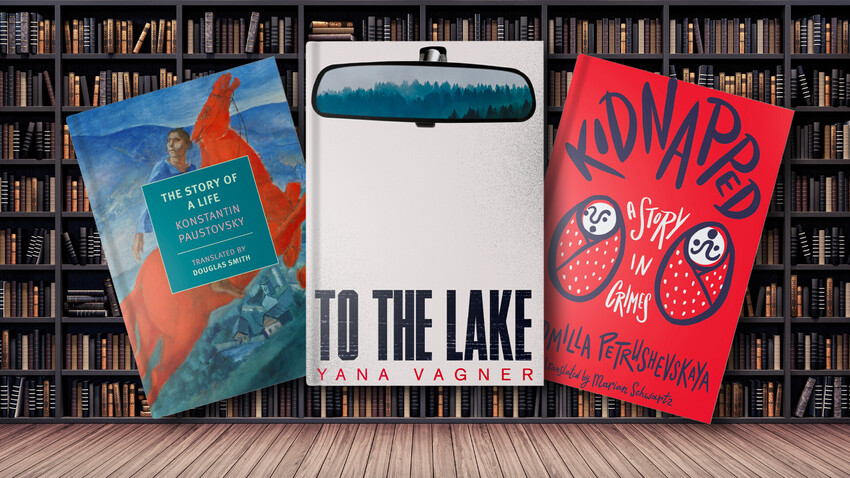
Plough Publishing House. Translated by Lisa C. Hayden
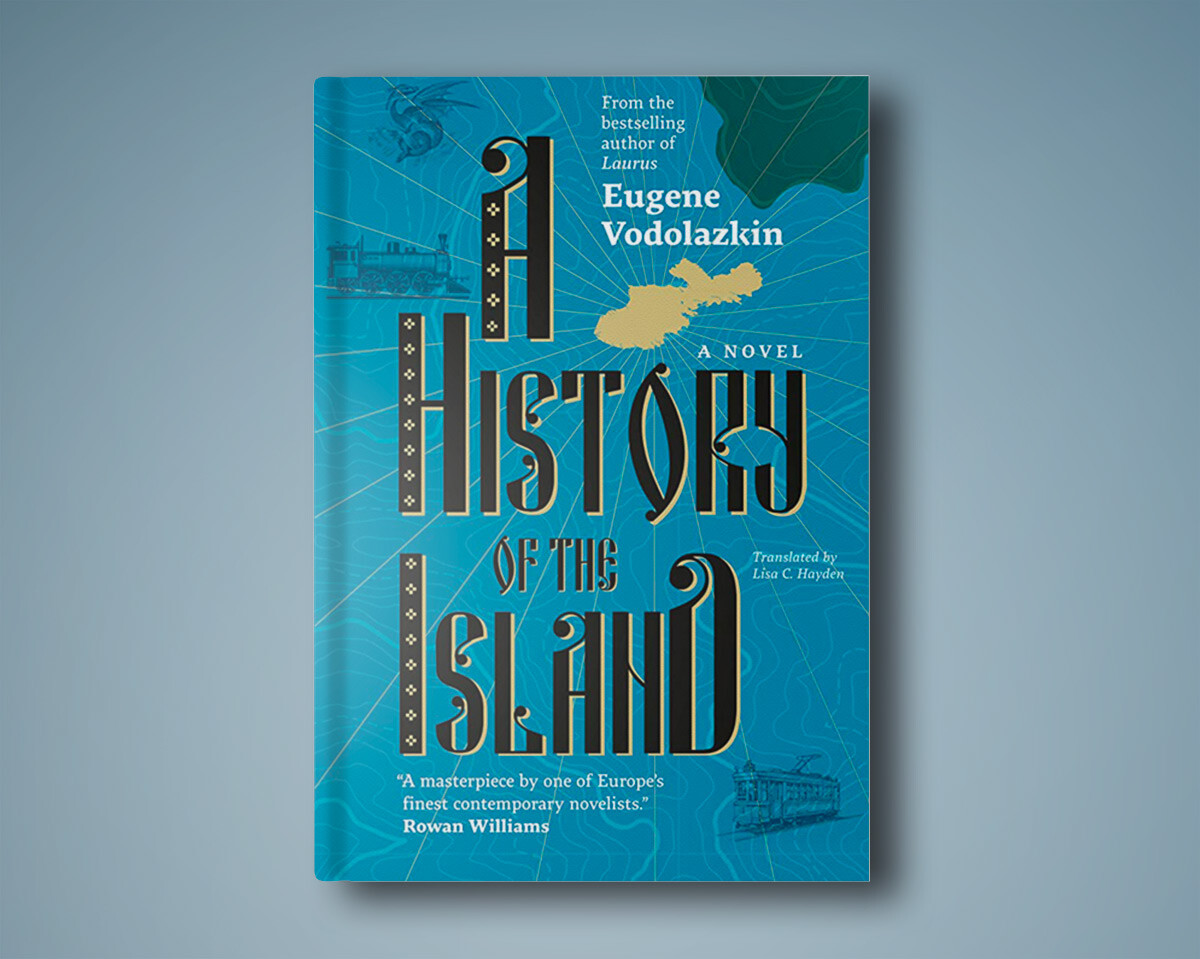
A chronicle of the fictional island shows that time passes, wars and pandemics come and go away, and political regimes and rulers change, just like in any other country that you could imagine. And so, it appears that progress is just a myth and actually nothing changes, especially humans. The author also ironizes on the way history is constantly being rewritten, according to each new political era.
Some of the fictional characters bitterly remind us of real historical figures. A sense of novelty is enhanced by the fact that all this history is recalled and commented on by Prince Parthenius and Princess Ksenia, who are more than 300 years old and are the only living witnesses of all events. The author is Eugene Vodolazkin, who also wrote the bestselling Laurus and is a historian and philologist who focuses on the history of Medieval Russia.
Deep Vellum Publishing. Translated by Maria Wiltshire
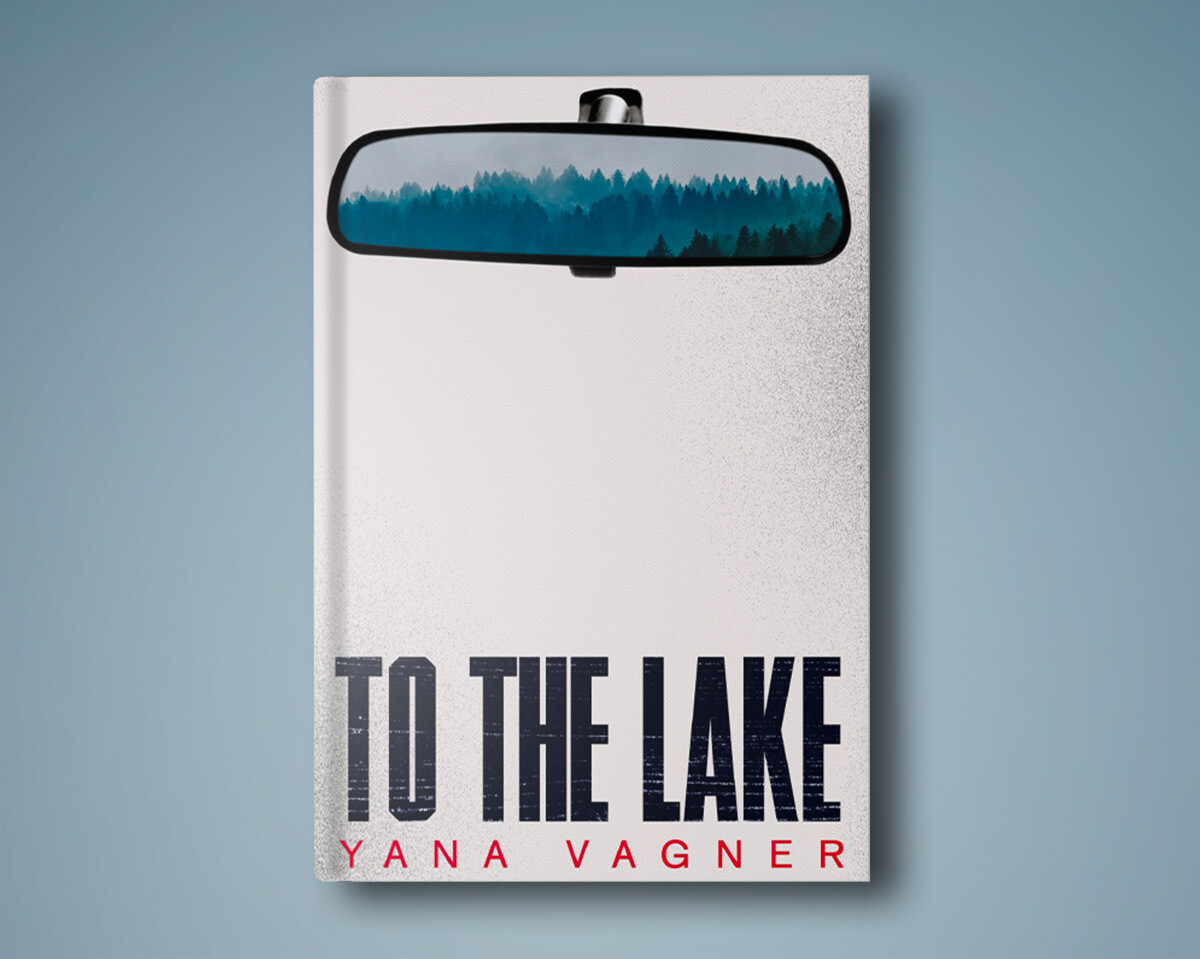
You’ve probably heard or watched “To the Lake”, a TV-show that was a hit on Netflix in the pandemic year 2020 (even Stephen King adored it). The story is based on this bestselling novel by Russian author Yana Vagner. She started out as an amateur writer, and her book began as a personal blog on the Internet. Yana had always been keen on post-apocalyptic stories and, in 2008, she began publishing fictional first person accounts of a survivor of some sort of post-apocalyptic pathogen outbreak. Her posts went viral gathering hundreds of comments and reactions. Then, one day, when she lost her main job, she decided to focus on writing.
The original Russian title translates literally as “Epidemic”, or “The Outbreak”. Moscow is struck by an unknown deadly virus that rapidly infects people. A group of family members and their friends try to escape the city, which is very difficult to do because armed soldiers won’t let anyone leave. The characters’ main goal is to reach a remote lake in order to take refuge in an abandoned house and outlive the pandemic.
Academic Studies Press. Translated by Alexander Rojavin
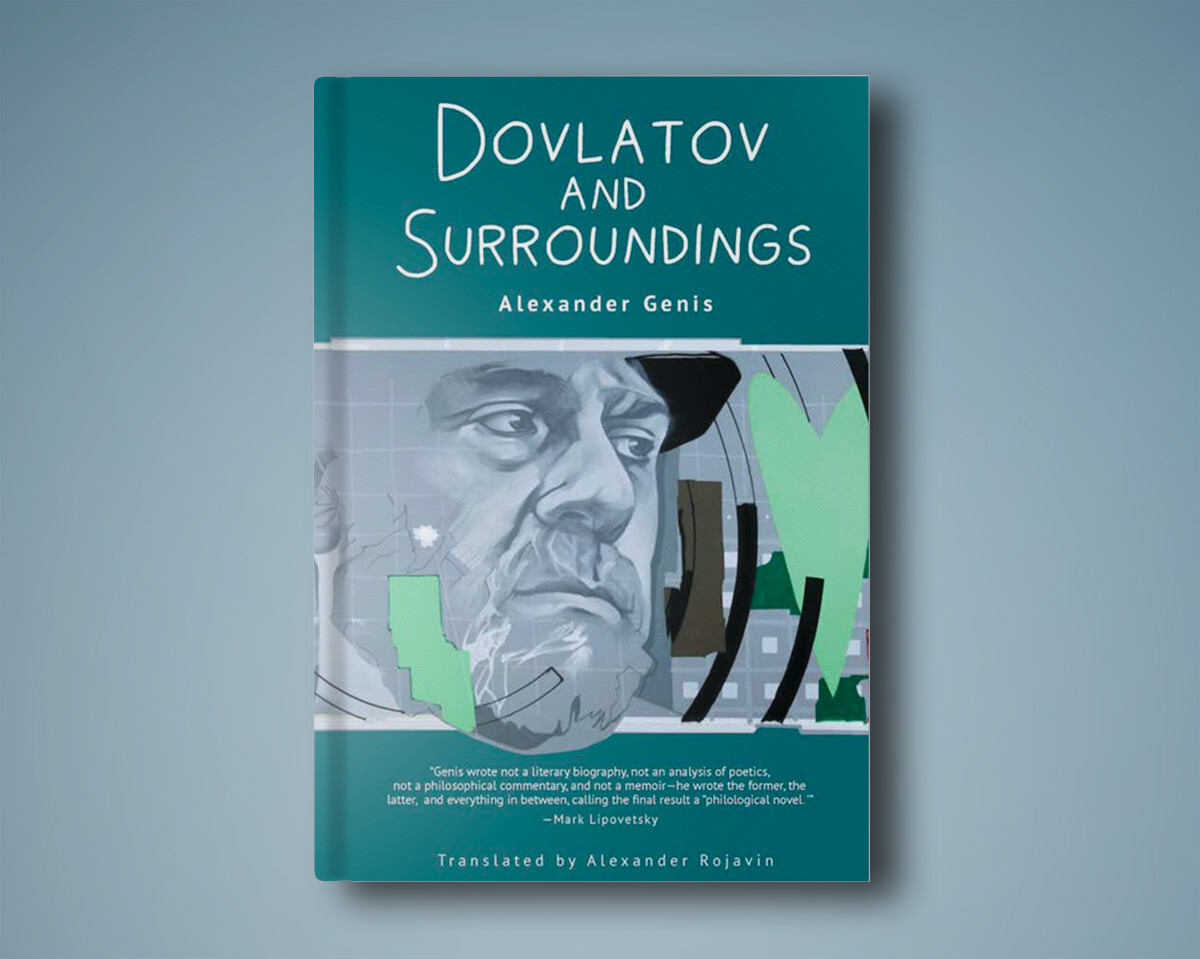
This is a ‘philological novel’ about Sergei Dovlatov, a brilliant Soviet writer who emigrated to the U.S. in 1978, and whose witty short stories are highly recommended to read. But it’s also a book about the era and people that the author, Alexander Genis, witnessed.
Having left for the U.S. a year earlier, Genis was Dovlatov’s close colleague and friend. Together, they published a Russian-speaking magazine in New York City, making an effort to preserve their native culture in a foreign land. They both left the Soviet Union because they were not allowed to publish there, having been banned by censorship. They wanted the freedom to write as they wished. In the end, Genis became a chronicler of this generation, and he wrote an ode to Dovlatov and his significance for Russian literature. While he had been banned in his homeland in the 1970s, today Dovlatov is one of the most favorite authors among modern Russian audiences.
Deep Vellum Publishing. Translated by Schwartz Marian
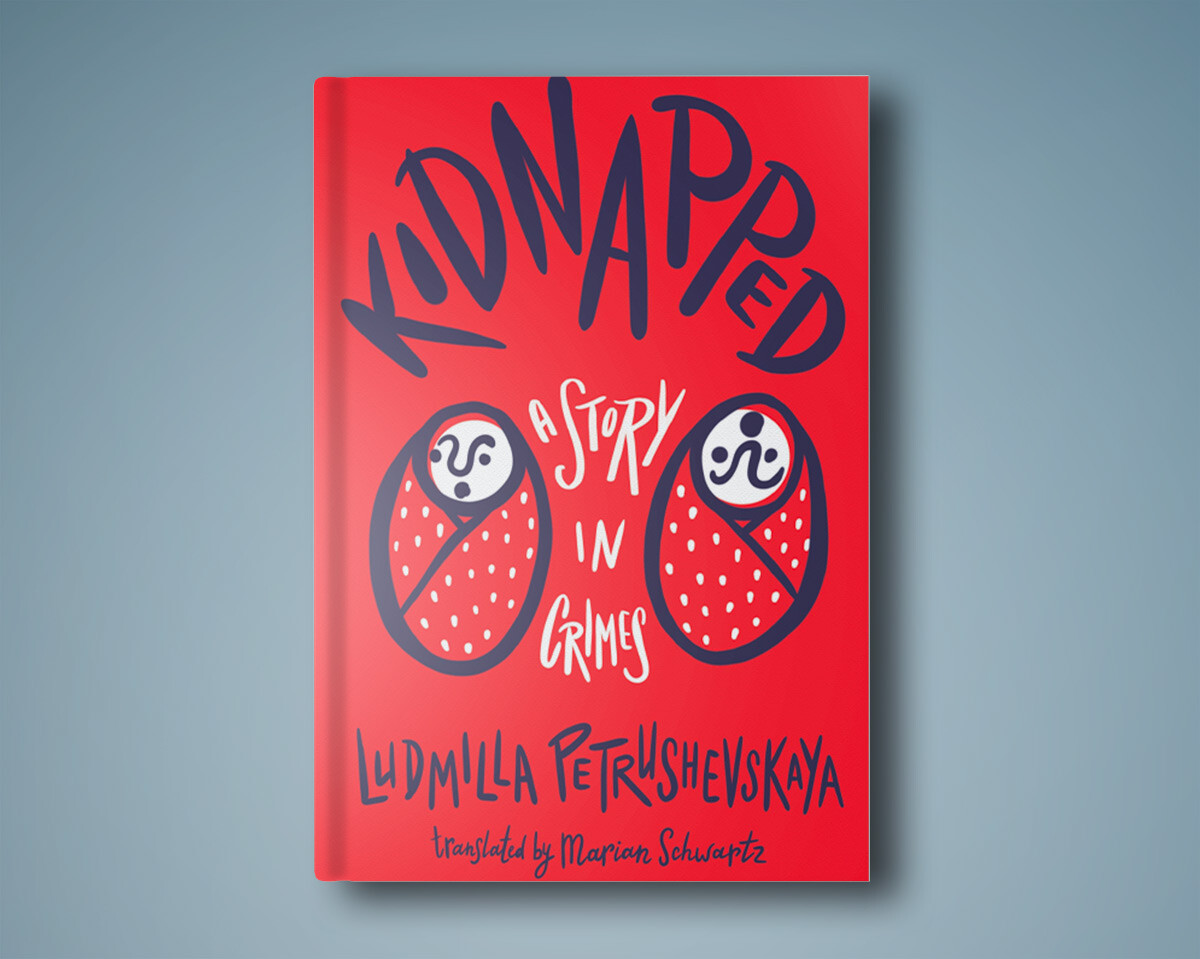
A twisted detective story, an adventurous spy novel and a social drama under one cover – The plot of this novel has it all. There are Russian diplomats, their unhappy wives, and a mysterious baby-swapping incident. The novel starts with a mother escorting her twins to the airport, but it appears that they are not twins at all and that they have fake documents. The saga tells us about how brave women can do anything for the people they love.
Ludmilla Petrushevskaya is a bestselling and award-winning author who has been praised by the New York Times and other major media. She is often called Russia’s “greatest living absurdist”. Petrushevskaya's best known early work is The Girl from the Metropol Hotel, a novel that’s based on her Soviet childhood and harsh post-war life.
NYRB. Translated by Douglas Smith
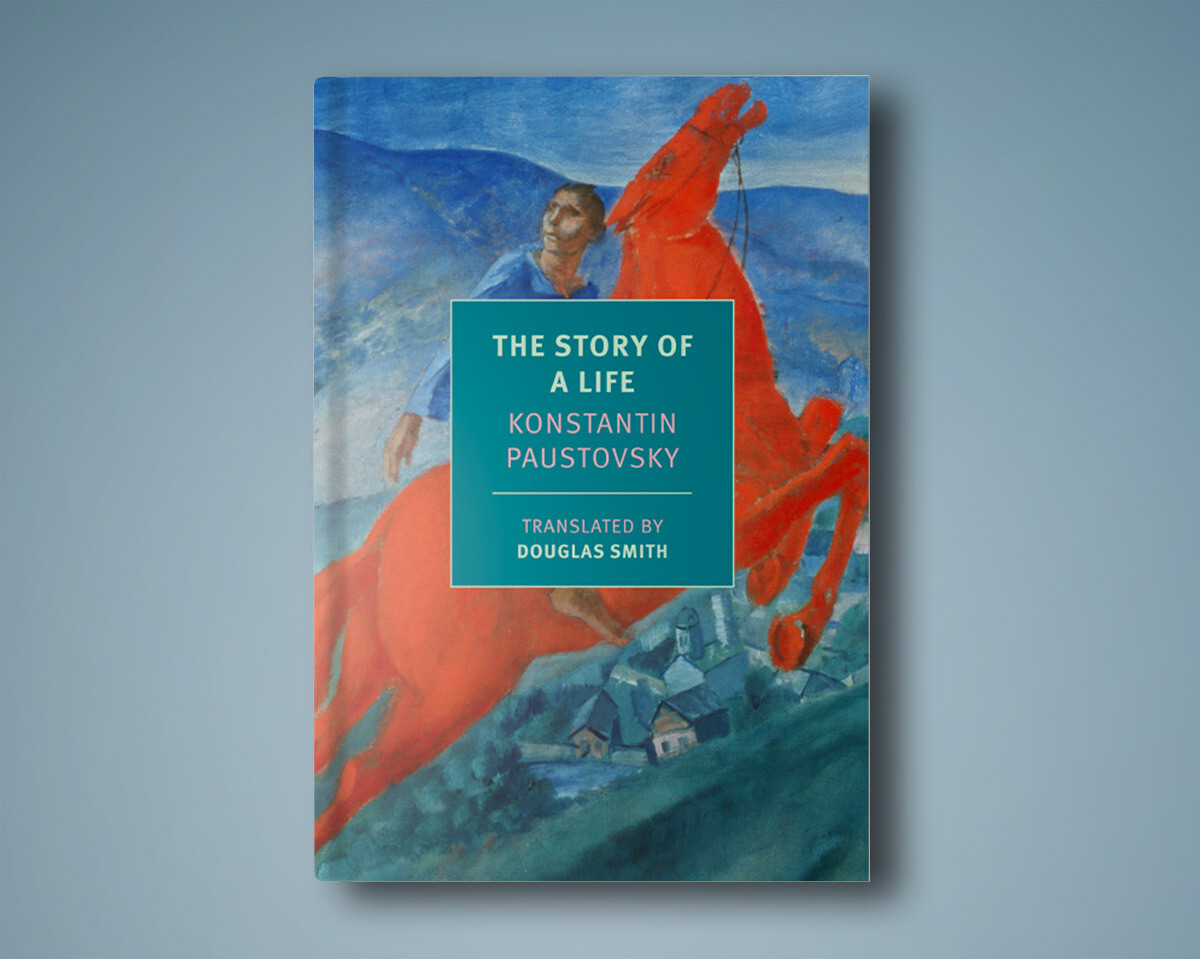
In the Soviet times Konstantin Paustovsky (1892-1968) was incredibly popular, but today he’s rather forgotten, only known as an author of short stories for children. Paustovsky utilizes a rich and brilliant language, and his lyrical prose shows a great love of nature. The level of his creative abilities is considered extraordinary. While his Russian words are pretty much lost in translation, he still was four times nominated for the Nobel Prize in literature.
The Story of a Life is an autobiographical novel that Paustovsky wrote over the course of 18 years. The first three volumes translated into English take readers to his early years in Ukraine, then to the front lines of World War I, as well as following his steps as a journalist covering the Russian Revolution. The famous German actress Marlene Dietrich became a fan of Paustorvsky after reading Story. She wrote in her memoirs: “He is the best Russian writer I know”, and she shocked the USSR and the entire world when bowing down in public during her Moscow visit in 1964. (Read the full story here).
Dear readers,
Our website and social media accounts are under threat of being restricted or banned, due to the current circumstances. So, to keep up with our latest content, simply do the following:
If using any of Russia Beyond's content, partly or in full, always provide an active hyperlink to the original material.
Subscribe
to our newsletter!
Get the week's best stories straight to your inbox